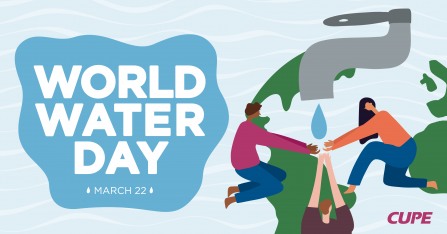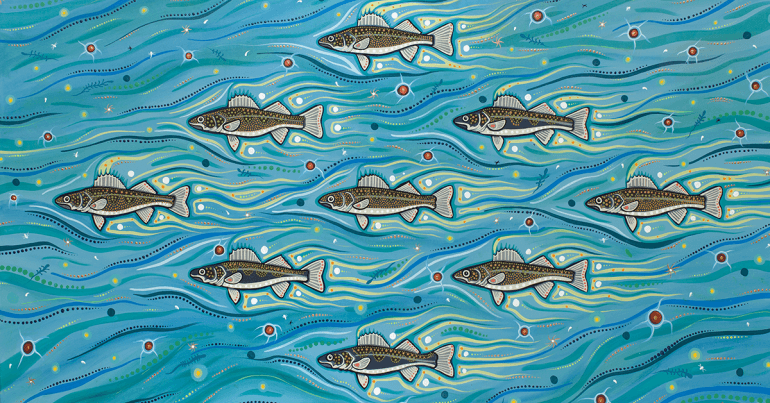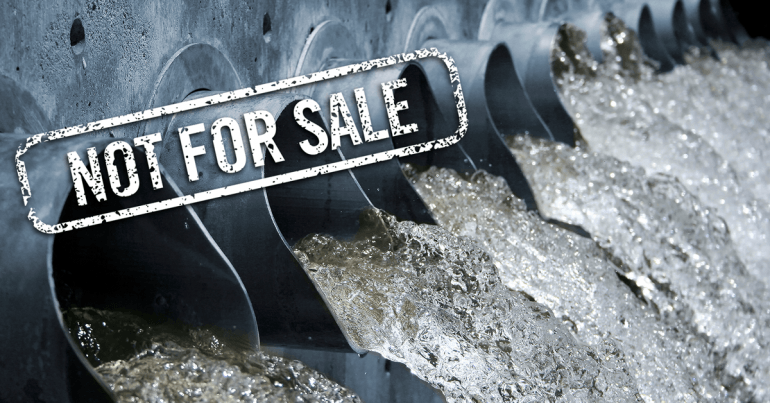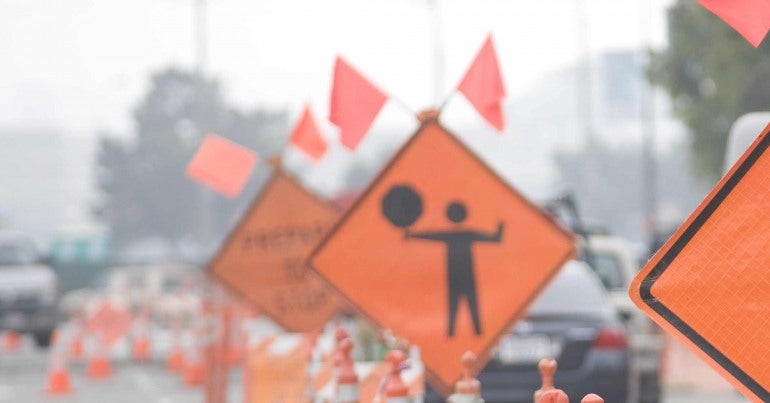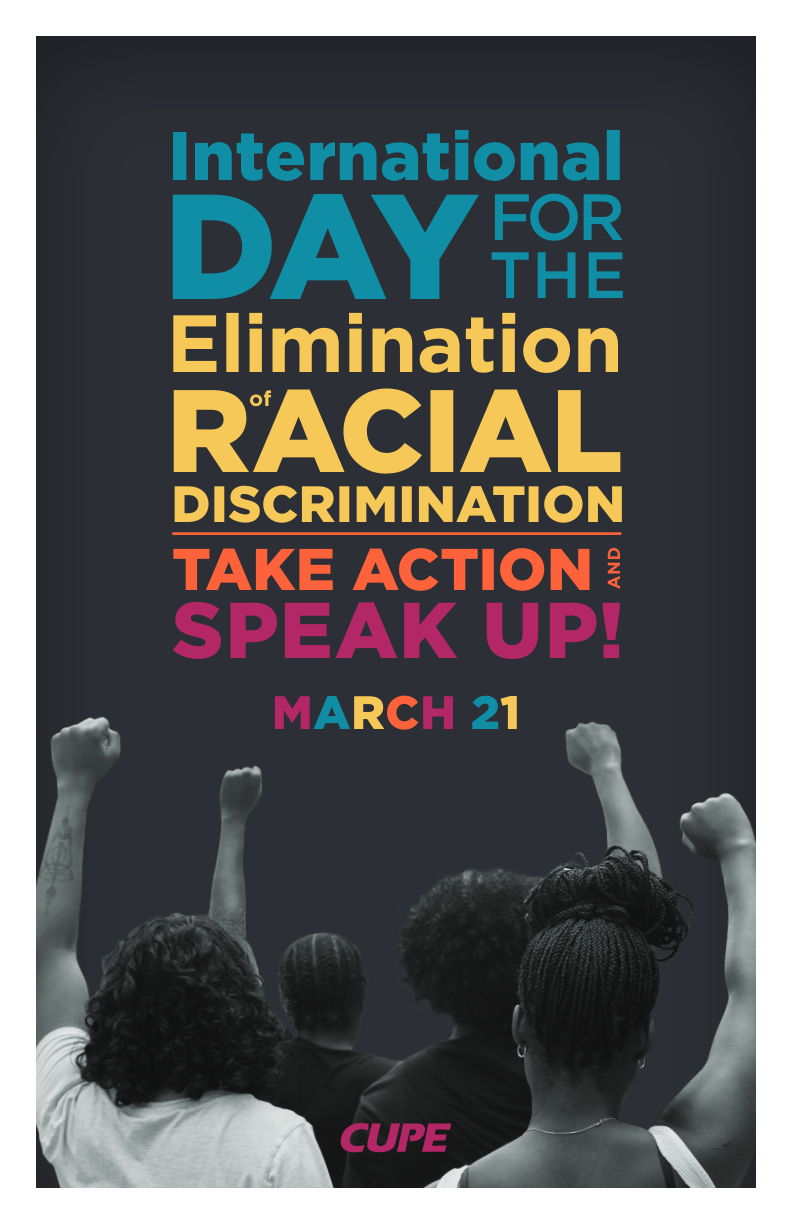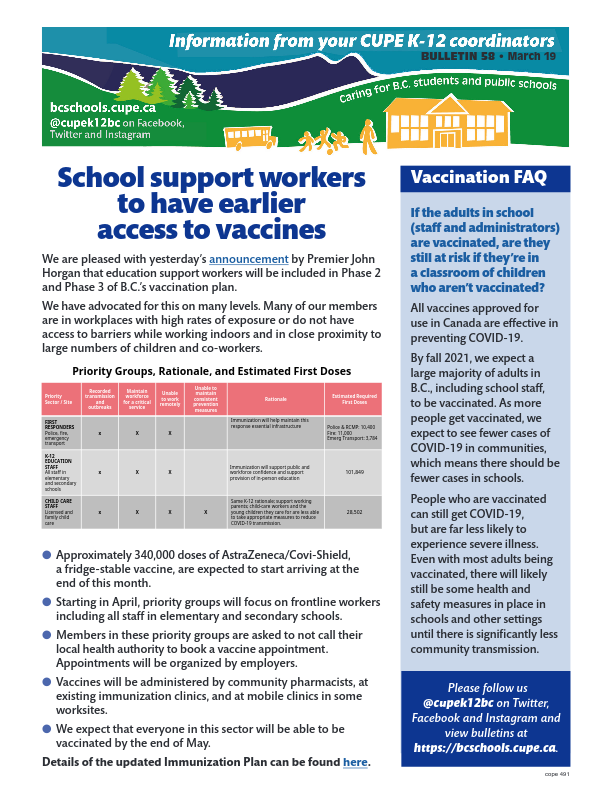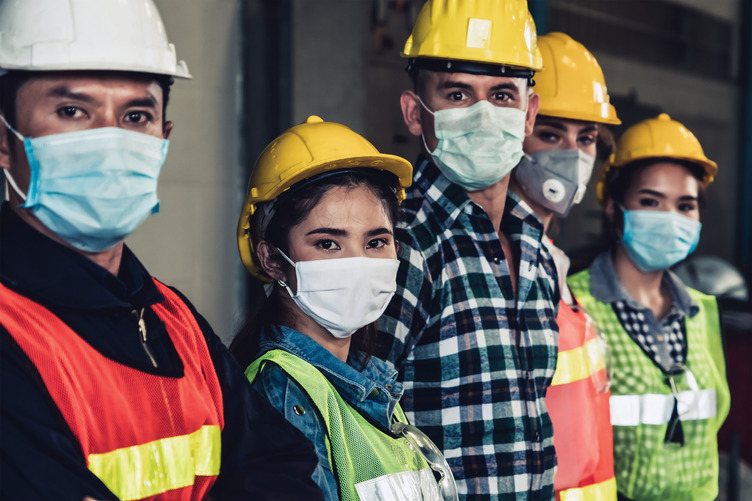The COVID-19 pandemic has introduced new health and safety hazards into our workplaces. It has also impacted the severity of existing hazards, including those related to mental health. Although the mental health impacts of the pandemic have been widely discussed, the workplace perspective is often missing from these conversations.
Workers have the right to psychologically healthy and safe workplaces. Nevertheless, many public sector workplaces poorly managed psychological health and safety even before the pandemic began. The additional stresses of increased workload and the risks posed by COVID-19 have compounded these issues and highlighted the lack of systematic controls to address psychosocial hazards.
Psychosocial hazards are workplace practices that cause unnecessary stress, leading to mental injuries. We can create safer workplaces by identifying psychosocial hazards in the workplace and establishing effective controls to prevent mental injuries from occurring. This is the practice of psychological health and safety.
Mental injuries are distinct from mental illness. However, as with physical injuries, repeated mental injuries can have a cumulative impact on workers’ physical and mental health.
Researchers have identified 13 factors that impact mental health and safety in the workplace:
- Psychological support
- Organizational culture
- Clear leadership and expectations
- Civility and respect
- Psychological competencies and requirements
- Growth and development
- Recognition and reward
- Involvement and influence
- Workload management
- Engagement
- Balance
- Psychological protection
- Protection of physical safety
When these factors are not managed properly, psychosocial hazards that lead to mental injuries can arise. During the pandemic, the psychosocial hazards associated with these factors have been amplified, increasing the risk of mental injuries.
For example, workload has skyrocketed for many CUPE members due to increased demands for service, short staffing, and physical limitations on how work can be conducted. Members are also struggling with balance between the various aspects of their lives as work demands increase. Workplaces with poor engagement are failing to involve frontline staff in decisions on service modification and delivery, and how workers are being protected. For some, the isolation of remote work arrangements is limiting access to psychological support. Opportunities for growth and development have likewise been limited by restrictions on travel and in-person gathering.
We cannot eliminate the stress of the pandemic. However, we can limit its impact by methodically managing psychosocial risk factors in the workplace.
As health and safety advocates, CUPE members should be wary of “solutions” proposed by employers that try to shift responsibility for workplace mental health and safety from the workplace to individual workers. Many workplace resources being offered to address the current situation are examples of “resilience training.” This type of training focuses on increasing workers’ capacity to withstand mental injuries, not on preventing mental injuries from occurring in the first place. Like exercising to better your health, resiliency training is good for workers. However, any employer approach that focuses exclusively on actions workers can take individually (i.e., exercise, journaling, meditation, etc.) and does not address workplace hazards misses the point. Employers have a duty to provide a safe workplace by taking appropriate actions to manage workplace hazards. Resilience training can be part of a comprehensive approach to enhancing the psychological health and safety climate of your workplace, but it is not a standalone solution.
Psychological health and safety does not offer solutions for workers who are currently in crisis. It is an approach that, over time, will prevent more workers from reaching the point of crisis. If you are looking for supports for a worker in crisis, please contact the mental health crisis line in your jurisdiction.
For more information, please check out:


